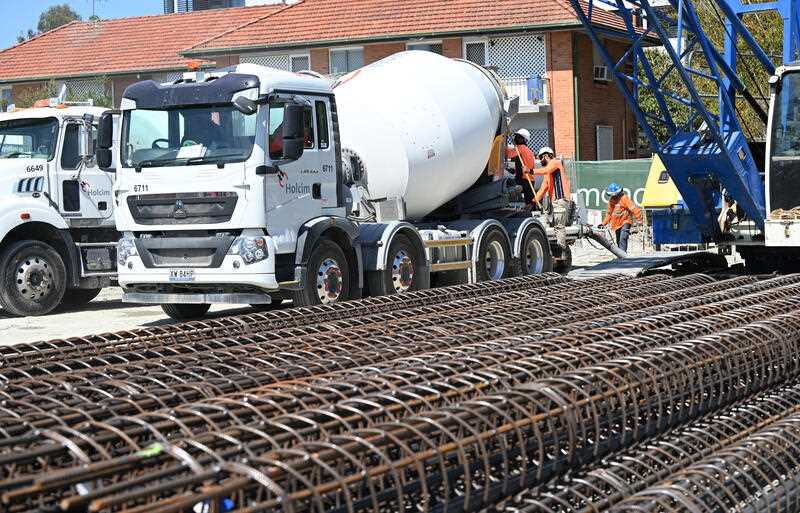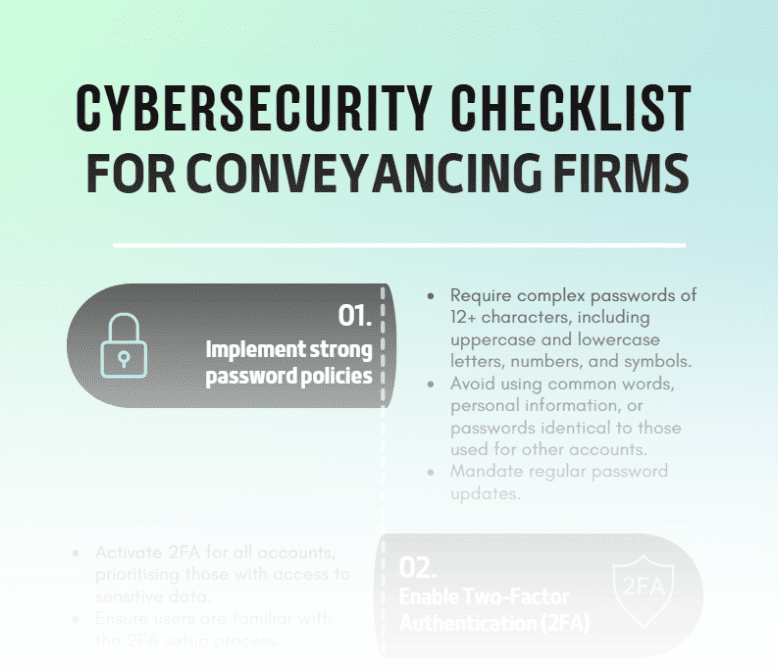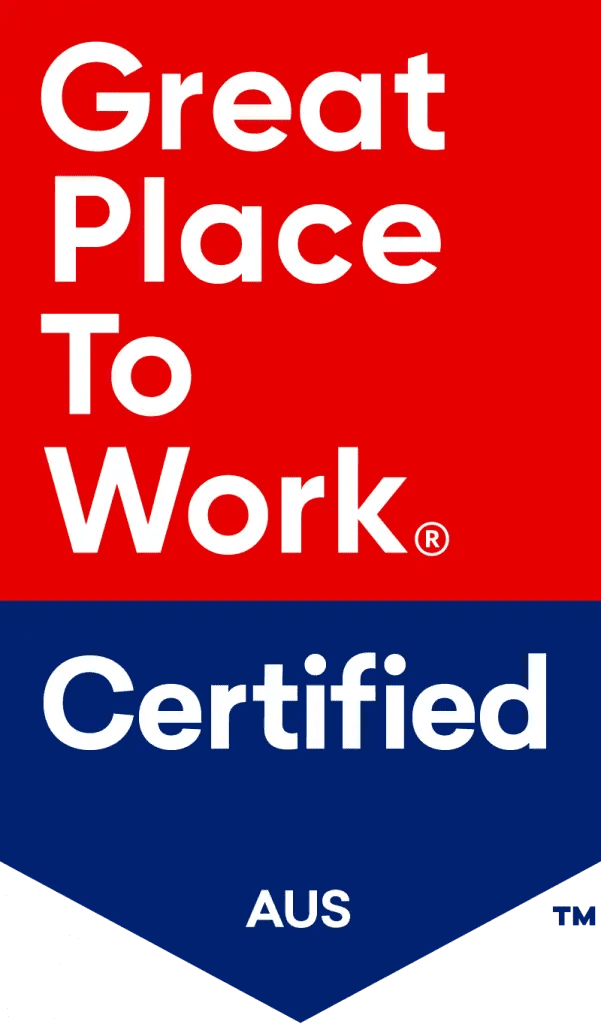By Poppy Johnston
The minimum wage decision should take into account the cost of training workers to plug skills gaps, a key home building lobby group says.
Construction companies want annual wage bargaining that kicked off this week to take into the account the cost of training apprentices to avoid overburdening small businesses nurturing the next generation of tradies.
With labour shortages continuing to weigh on the construction sector, the Housing Industry Association says the industrial umpire should factor in the cost of training skilled apprentices.
The Fair Work Commission’s annual review impacting the bank balances of millions of workers on minimum and award wages is under way, with the independent body taking submissions from unions, employer group and governments.
The minimum wage is $23.23 per hour, or about $45,900 a year.
“Wage increases undoubtedly affect the capacity of businesses, particularly small business, to sustain the continued employment of apprentices to obtain completion status, leading to the eventual heightening of skills shortages in the industry,” the HIA’s submission says.
Attracting and retaining skilled workers is essential, the industry group says, especially when home building starts picking up to meet the federal government’s target of 1.2 million new homes over five years.
The residential construction industry has also been under pressure from prices increases, delays and material shortages.
“In light of the current landscape, HIA strongly submits that the expert panel takes a conservative approach in this year’s minimum wage review.”
Other employer groups have similarly called for restraint from the commission or risk pushing up inflation and putting pressure on businesses and jobs.
The Australian Chamber of Commerce and Industry is recommending an increase of no more than two per cent and the Australian Industry Group would prefer less than a 2.8 per cent lift.
Yet unions and the federal government remain worried about the influence of moderating but still strong cost of living pressures on the lowest paid workers.
In its formal submission, the government confirmed it was sticking with the same recommendation as the past two decisions, calling for the real wages of low-paid workers to not go backwards.
It also said lifting the minimum wage would help narrow the gender pay gap, with women disproportionately represented in low-paid and award-reliant jobs.
Workplace Relations Minister Tony Burke and Treasurer Jim Chalmers said people were still doing it tough in the face of cost-of-living pressures.
“Low-paid workers – who are disproportionately women – are particularly affected by cost-of-living pressures because they typically do not have savings to draw on to cover rising costs,” they said in a statement.
“Our government’s support for low-paid workers in the annual wage review has been an essential part of returning to real wages growth.”
The Australian Council of Trade Union also hopes for a wage decision that will allow workers to get ahead, recommending a five per cent increase.






